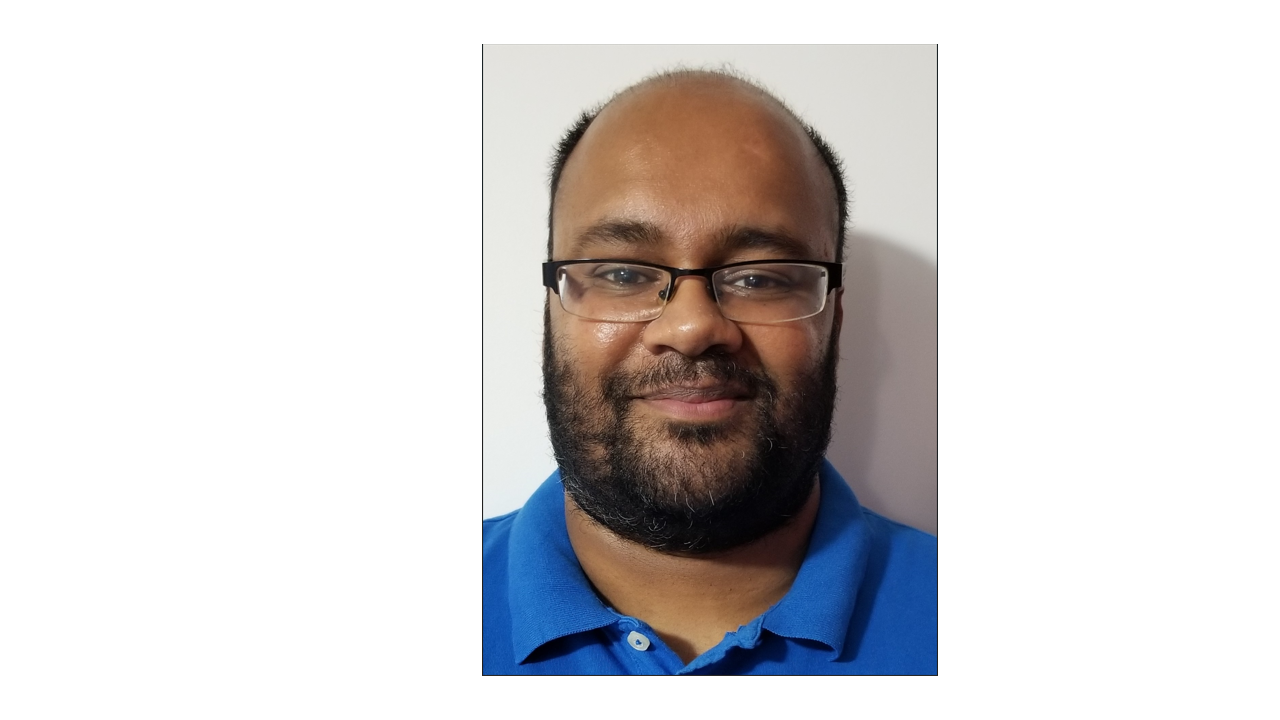In conversation with Praxis SCI Incubate Cohort Member, FMRK

📖 5 mins read | #DiagnosticTech #RegulatoryStrategy #UTI #ProductMarketFit
How FMRK Uncovered a Critical Gap in UTI Testing and Pivoted Fast
When Faisal Khan founded FMRK, he set out to reduce unnecessary antibiotic prescriptions for UTIs. However, a conversation with a Praxis alum introduced him to a critical unmet need—people with spinal cord injuries (SCI) face unique challenges with UTIs, yet existing solutions weren’t designed for them. This realization led FMRK to join the Praxis 2024 SCI Incubate Program, where they refined their product, validated their market, and made a key regulatory breakthrough that shaped their path forward.
Uncovering Real User Needs
“I knew there were issues with collecting urine samples, but I didn’t realize just how pronounced it was within the SCI community.”
Before Praxis, FMRK understood UTIs were a significant issue, but they hadn’t fully grasped the everyday challenges SCI individuals faced in managing them. Through the program’s focus groups, they engaged directly with People with SCI Lived Experience (PLEX)—a community
of individuals sharing firsthand knowledge of living with SCI. These conversations revealed major pain points, such as the difficulty of urine sample collection, an issue FMRK had initially underestimated.
This insight reshaped their product strategy, leading them to explore ways to simplify the collection process and ensure their technology was truly accessible.
Regulatory Breakthrough That Changed Everything
“That had a huge impact, it was monumental. Can’t really stress enough how big a shift that was to have a solid case… It changed our entire regulatory pathway—cost, time, everything.”
FMRK had assumed their device would be classified as a Class III medical device, requiring extensive time and resources to bring to market. But Praxis mentors helped them build a strong case for Class II classification, significantly reducing regulatory hurdles and accelerating their timeline. This shift reshaped their business strategy, impacting everything from fundraising to market entry.
Moving from Theory to Execution
Initially, Faisal planned to raise capital before advancing product design, but Praxis changed that approach.
“Instead of waiting to raise money, we decided to go straight into product development.”
Through validation with PLEX members and guidance from mentors, FMRK gained the confidence to move forward faster. By the end of the program, they had secured a partnership with UBC to begin product development—saving valuable time and pushing them closer to market launch.
Learnings from the Praxis Experience
Unlike traditional incubators with a set curriculum, Praxis adapted to what FMRK needed, whether that was regulatory guidance, market validation, or direct feedback from People with SCI Lived Experience (PLEX).
“Most programs just bring in industry leaders each week,” Faisal shared. “Praxis actually asked, ‘What do you need help with?’
and worked with us to solve those challenges.”
Engaging directly with PLEX members gave FMRK insights they wouldn’t have gained elsewhere. Instead of designing in isolation, they were able to test ideas, validate assumptions, and refine their product based on real user needs. This approach didn’t just improve their technology—it ensured their solution was practical, accessible, and valuable to the people it aimed to serve.
By the end of the program, FMRK had a clear strategy, an optimized product roadmap, and a faster path to market. More than anything, their experience reinforced a key lesson: success isn’t just about technology—it’s about understanding and designing for the people who will use it.
About FMRK
FMRK Diagnostic Technologies helps enable and advance decentralized healthcare through easy-to-use, near-patient diagnostic tests. Their flagship product delivers Personalized Early Intervention Recommendations (P.E.I.Rs) to patients with suspected Urinary Tract
Infections (UTIs) in community settings like Pharmacies and Long Term Care Facilities—without the need to see a doctor or go to a central lab. In short: precision medicine closer to home.
